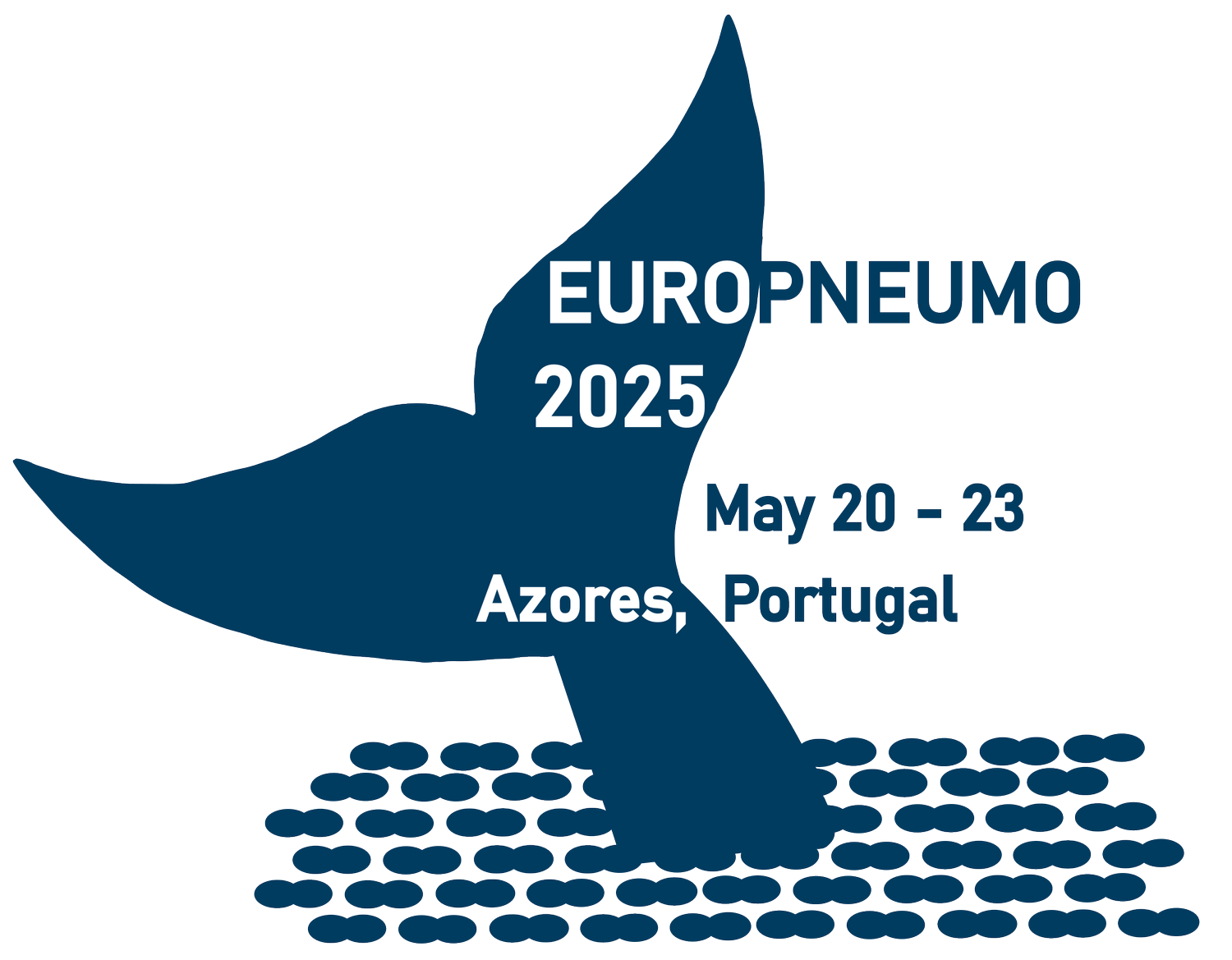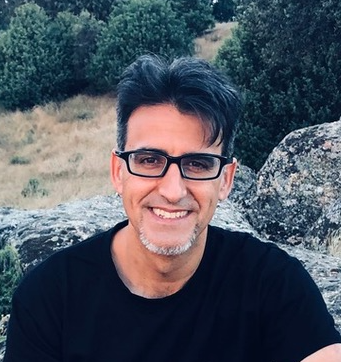Rafael Molina
Rafael Molina accomplished his PhD Degree in Biochemistry & Molecular Biology (2009) under the supervision of Prof. Juan A. Hermoso at the Spanish National Research Council (CSIC,Madrid, Spain). His main PhD project focused on Bacterial Pathogenesis mechanisms by studying the Structura lCharacterization of Pneumococcal Surface Proteins, key players both in virulence processes and in the development of novel combat strategies against antibiotic resistance. Later, he gained interest in the genome editing field, which lead him to move in 2010 to the Spanish National Cancer Research Centre (CNIO) as a Postdoctoral Scientist to study two types of Molecular Scissors for Genome Editing: Homing Endonucleases and Transcription Activator-Like Effector Nucleases. In 2018, he was appointed as an Associate Professor at the University of Copenhagen (CPR-KU, Copenhagen,Denmark) where he initiated his own research line on the Structural and Functional Characterization of Bacterial CRISPR defense systems.
In 2023, he established his line of research in Spain by joining the Institute of Physical-Chemistry Blas Cabrera (IQF-CSIC, Madrid) thanks to being awarded with a Tenure-Track position from the Spanish Ministry of Science. At the IQF-CSIC, he currently leads a Structural Biology research group that mainly uses Molecular Biology,Biochemistry,X-ray Crystallography, and Cryo-Electron Microscopy to dissect the Molecular Mechanisms of Bacterial Immunity for developing novel phage-based therapies and biotechnological tools.He has published more than 40 publications in high-impact journals such as Nature Structural Molecular Biology, Nature Communications, Journal of the American Chemical Society, Nucleic Acids Research or Cell Reports.


